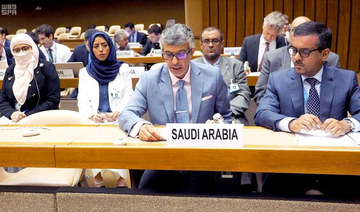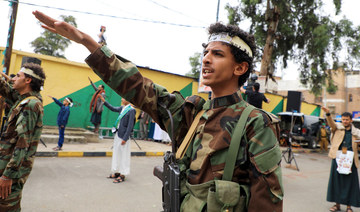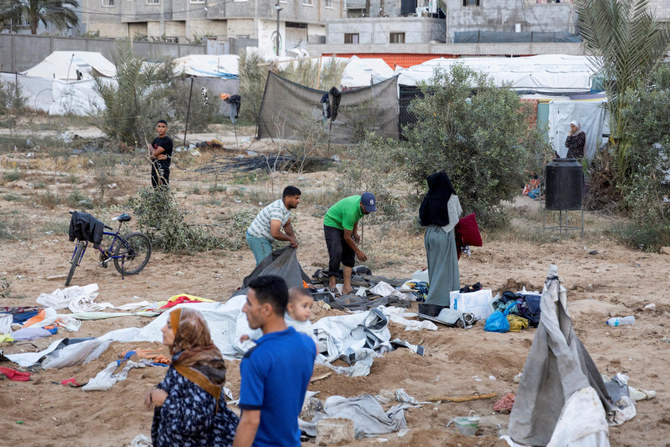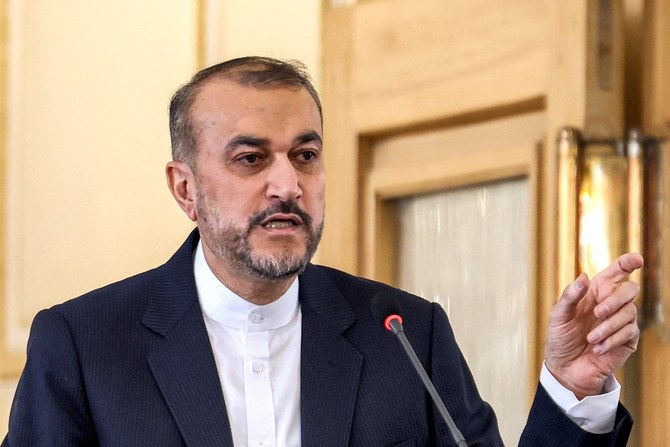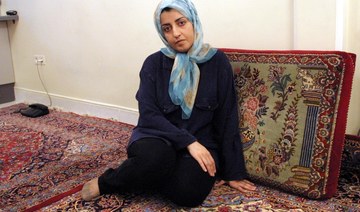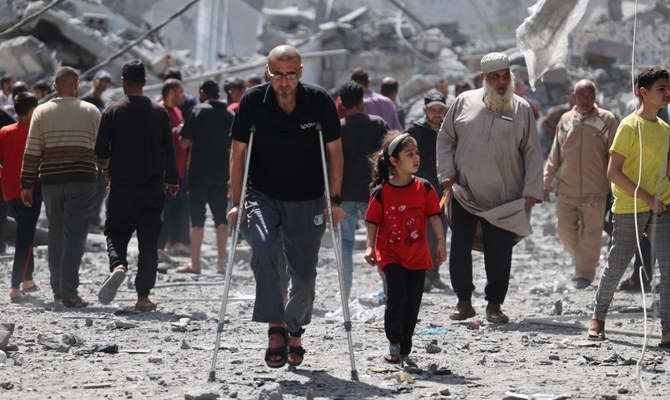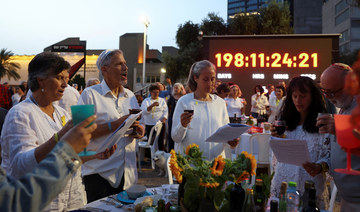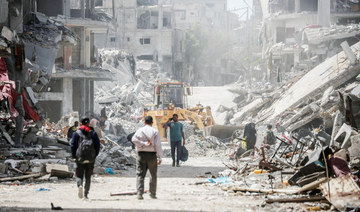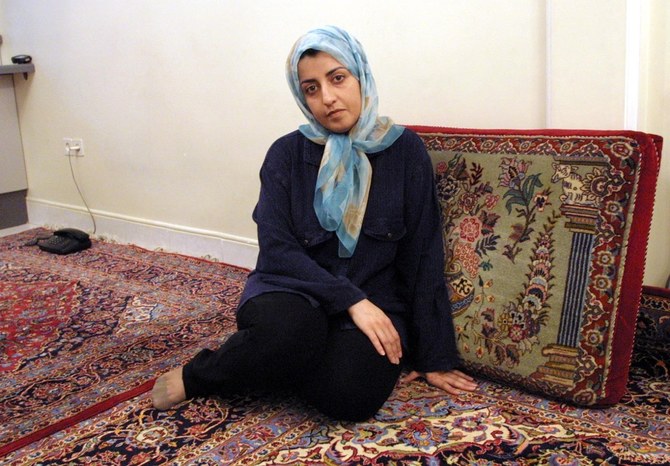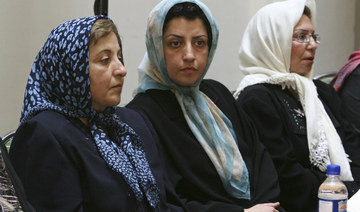NEW YORK: The US has introduced a draft UN Security Council (UNSC) resolution calling for an extension of the arms embargo on Iran, which is due to expire in October.
Brian Hook, the US special representative for Iran, described the resolution as “a clean rollover of the existing arms embargo,” which was implemented in 2007.
“Letting the arms embargo expire was a big deficiency of the Iran nuclear deal,” he said, referring to the 2015 Joint Comprehensive Plan of Action, from which the US withdrew in 2018. “Its expiration should never have been based on an artificial timeline of five years. It was an irresponsible concession.”
Kelly Craft, the US ambassador to the UN, called on all members of the council to “wake up to the real-world implications of allowing the arms embargo to lapse. The UNSC’s purpose is to promote global peace and security. Failure to extend the arms embargo would make a mockery of that responsibility.”
Hook said the latest proposal is “a compromise text,” and the US has added provisions supported by all permanent members of the Security Council (the US, UK, China, France and Russia), and called on members to respect the wishes of the Middle East nations that “live in Iran’s dark shadow” by voting for the extension.
He read from a letter signed by the six members of the Gulf Cooperation Council — Saudi Arabia, the UAE, Bahrain, Kuwait, Oman and Qatar — that asked the council to extend the embargo, in which they wrote: “(Iran) has continued to proliferate weapons across the region as an integral part of its expansionist regional policy and longstanding interference in the internal affairs of Arab states, including GCC member states, in clear violation of the UN Charter. We have stressed that Iran has been a state sponsor of terrorism in our region and has actively incubated, trained, equipped, and directed violent armed terrorists throughout the region.”
Hook urged council members to respect the wishes of those closest to the conflict, and cautioned those tempted to sit on the fence: “Abstaining may carry a certain appeal for those who want to have it both ways: to express concern without addressing the concern. But abstentions will not be forgotten by nations in the region who are counting on council members to vote yes.”
Hook announced this week that he is stepping down as special representative for Iran. Asked what his successor, Elliott Abrams, will bring to the table, Hook said: “People are getting an upgrade. He has been working on the Middle East’s issues for decades. He will do a great job on this file.”
Abrams’s nomination triggered speculation that, should US efforts to extend the arms embargo fail, Washington will attempt to activate the “snapback” mechanism that is part of the 2015 nuclear deal. This would automatically restore the UN sanctions against Iran that were in place before 2015, in the case of violations of the agreement.
Critics argue that because the US withdrew from the nuclear deal, it is legally unable to trigger a snapback, which would also face opposition from Russia and China. However authorities in Washington have circulated a legal memo they said explains US rights under Security Council Resolution 2231, which endorsed the 2015 agreement, including its ability to initiate the snapback.
“It’s important for people to define their terms,” said Hook. “The Iran deal is a political arrangement consisting of non-binding political commitments. So those who argue that a state cannot avail itself of legal rights if it is in violation of corresponding legal obligations don’t know how to read 2231.”
However, he added that the administration’s current focus remains on ensuring that the Security Council resolution passes and securing the extension to the arms embargo.
“We certainly made the case on the merits for why it needs to be extended, and we’ll see how the council lines up. But … one way or the other, we are going to ensure that the arms embargo is extended,” he said.




